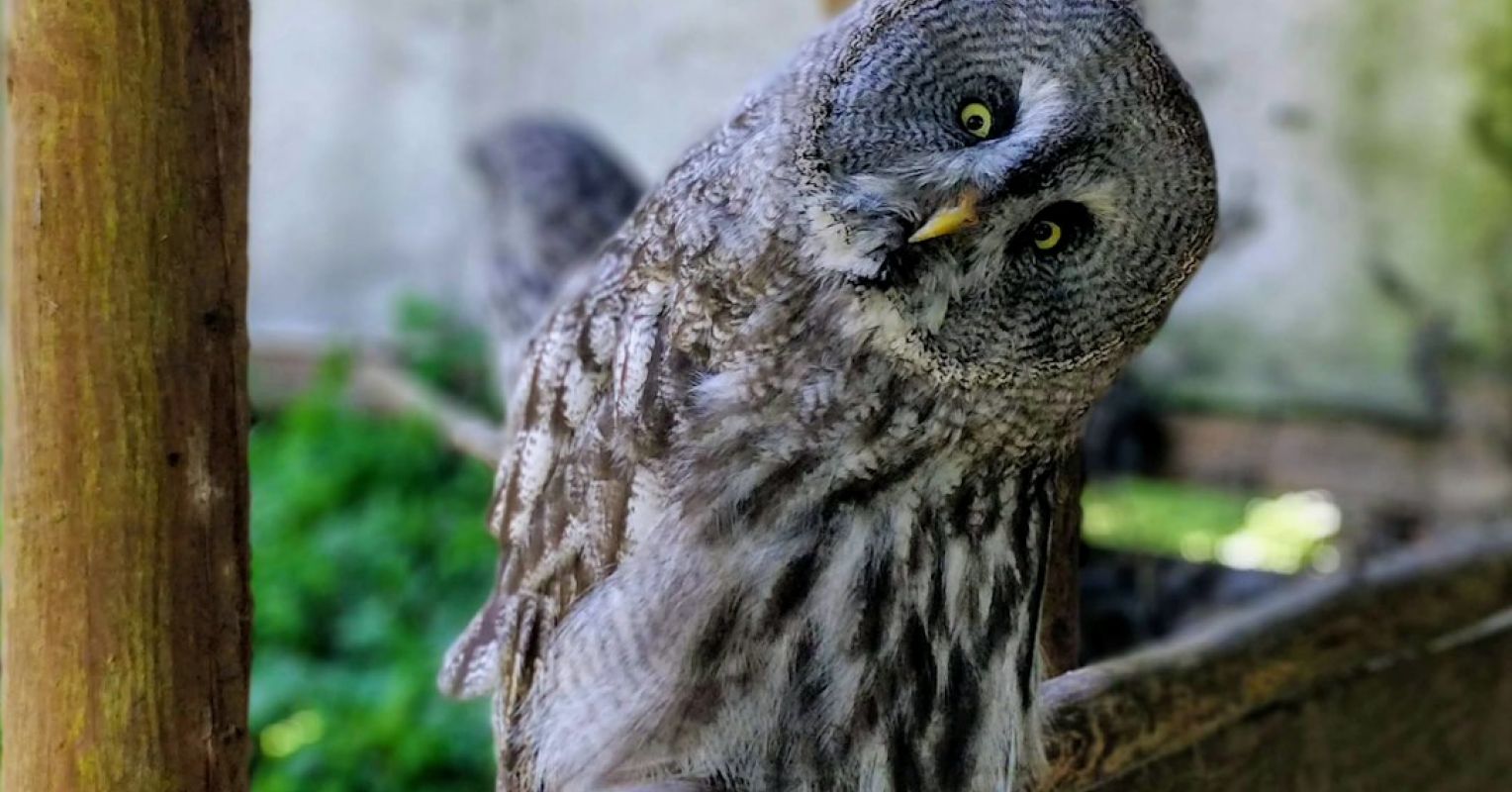
"Recently, a woman I'd been planning a first date with canceled an hour before we were supposed to meet. Her message was to the point: I'm not going to be able to make it. Just tired of dating right now and need a break. My immediate internal reaction was more complex: Really? How could she do that? It sounds like a question, but what I really wanted was an apology and reassurance that my frustration made sense."
"None of these are questions; they are judgment masquerading as curiosity. Yet if we learn to turn these pseudo-questions into genuine inquiry, we gain access to something powerful: understanding and connection. And what Thanksgiving meal couldn't use a second helping of that? Our Own Tender Spots When someone pushes a button, it helps to ask what that button was wired to."
Many apparent questions are bids for validation rather than genuine curiosity, often aiming for an apology or reassurance. Such pseudo-questions reflect internal wounds and reactive patterns, not the other person's intentions. Noticing what feelings are stirred—vulnerability, grief, rejection—can soften reactivity and open curiosity. Turning away from blame toward one's own feelings (a 'You-turn') enables self-inquiry and reduces judgment. Imagining alternative stories about others' actions counters the fundamental attribution error and fosters empathy and connection. Practicing genuine inquiry instead of judgment can improve interpersonal interactions, especially during tense moments like family gatherings or dating.
Read at Psychology Today
Unable to calculate read time
Collection
[
|
...
]